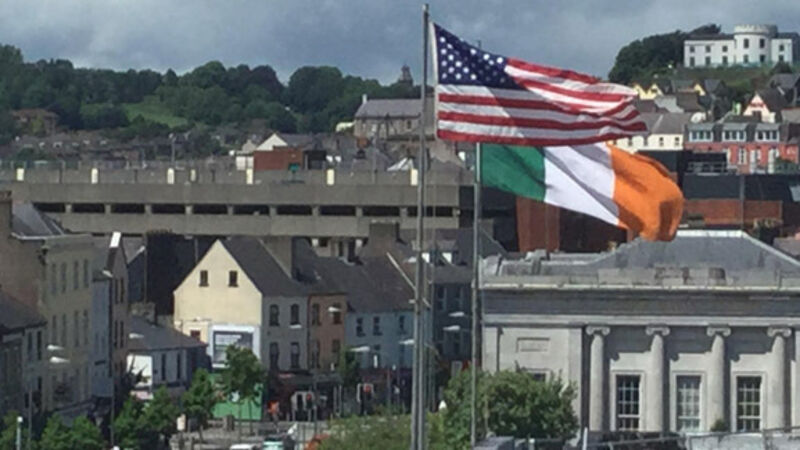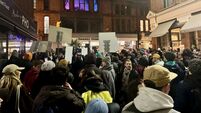200,000 Irish-born soldiers fought in American Civil War; largest contingent from Cork

One of the country’s leading battlefield archaeologists says 200,000 Irish-born soldiers fought in the American Civil War, with the largest contingent from Cork.













